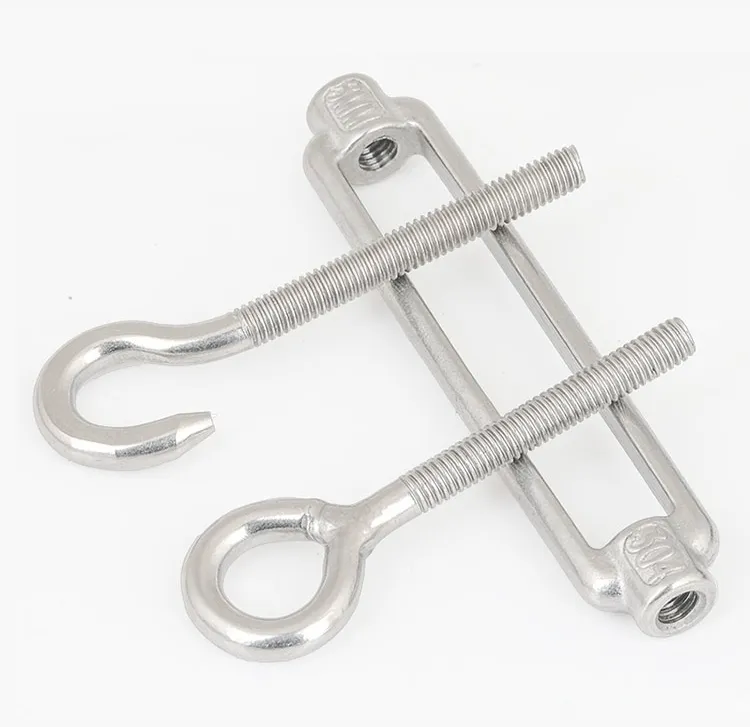News
Aug . 12, 2024 17:42 Back to list
Exploring Various Types of Rigging Hooks and Their Applications in Different Industries
Understanding Rigging Hook Types and Their Importance in Various Industries
Rigging hooks are essential components in lifting and hoisting operations across various industries, including construction, manufacturing, shipping, and entertainment. These components ensure safe and efficient handling of heavy loads, making it crucial to understand the different types of rigging hooks available and the companies that specialize in producing them.
Types of Rigging Hooks
1. Standard Hooks Also known as clevis hooks, these are widely used for general lifting tasks. The design features a simple curve that allows for easy attachment to chains and slings. While they are suitable for a variety of applications, care must be taken to ensure that the hook's load capacity is not exceeded.
2. Swivel Hooks These hooks provide versatility, as they can rotate 360 degrees. This feature enables them to adapt to dynamic lifting conditions and minimize twisting of the rigging line, which is particularly beneficial in marine and industrial settings.
3. Safety Hooks Often equipped with a locking mechanism, safety hooks are designed to prevent accidental disconnection from the load. There are several variations, including snap hooks and latches, which provide additional security during lifting operations.
4. Snatch Blocks Though not traditional hooks, snatch blocks incorporate a hook and a pulley system, allowing for changes in the direction of pull and reeving. They are particularly useful in scenarios where space is limited, maximizing the mechanical advantage without compromising safety.
5. Eye Hooks These hooks feature a looped end, allowing for easy attachment to rigging lines or cables. Eye hooks are commonly used in manufacturing and construction, where straightforward connection points are necessary.
6. D-Rings Often found in applications like truck tie-downs or attaching items securely to trailers, D-rings provide a strong and stable anchor point. Their low profile ensures they won’t snag on other equipment, enhancing safety during transport.
rigging hook types companies

7. Heavy-Duty Hooks Designed for extreme loads, heavy-duty hooks are made from high-strength materials and are rigorously tested to withstand high levels of stress and strain. They are crucial in industries such as oil and gas, where the stakes are particularly high.
Companies Specializing in Rigging Hooks
Several companies have established themselves as leaders in the rigging hook market.
- The Crosby Group Known for their commitment to safety and innovation, The Crosby Group offers a wide range of hooks, including standard, safety, and swiveling hooks. Their products are recognized for durability and high quality, ensuring they can handle tough conditions.
- Peerless Industrial Group This company is known for its extensive selection of rigging hardware, including a variety of hook types. Peerless prioritizes compliance with safety standards, making their products a trusted choice across multiple industries.
- Columbus McKinnon Corporation With a focus on hoisting and rigging equipment, Columbus McKinnon produces high-quality hooks that are built to last. Their selection ranges from standard hooks to specialty hooks designed for specific applications.
- Lift-All Lift-All specializes in customized rigging solutions, offering a range of hooks suitable for various industries. Their innovative designs often incorporate new technology to improve functionality and safety.
Conclusion
As industries continue to evolve and demand higher efficiency and safety in lifting operations, understanding the different types of rigging hooks and the companies behind them becomes increasingly essential. Choosing the right rigging hook not only enhances operational success but also ensures the safety of personnel and equipment. Whether it’s a simple clevis hook or a complex swivel hook, the appropriate selection can make all the difference in an operation's overall effectiveness.
